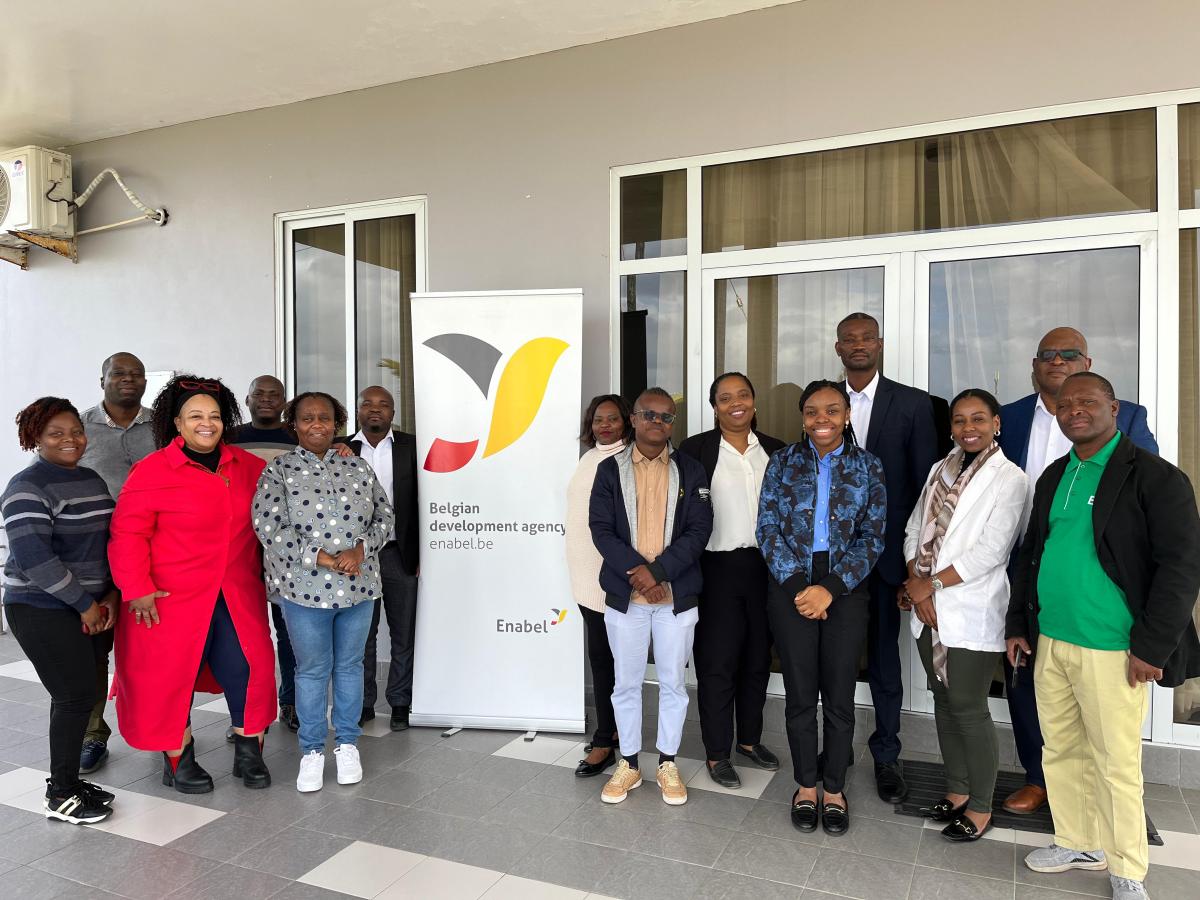Mozambique: Advancing National Climate Finance Mobilisation with our new Readiness Programme
In recent months, Mozambique has made significant strides towards strengthening its institutional capacities for mobilising climate finance. In two important events held in July 2024, crucial initiatives were launched to accelerate and expand the mobilisation of climate resources in the country.
Initial steps in Macaneta
On July 8 and 9, the inaugural seminar of the Green Climate Fund (GCF) activities in Mozambique was held in the district of Macaneta, a few kilometres away from the capital city. This event marked the beginning of the new "Readiness Programme" aiming at strengthening institutional capacities and coordination mechanisms to increase the mobilisation of climate finance.The seminar was attended by key stakeholders, including the National Directorate of Monitoring and Evaluation of the Ministry of Economy and Finance (GCF’s National Designated Authority - NDA) and the Advisory Committee, composed of representatives from various government sectors. The main objectives were (1) to inform about the new GCF Strategic Plan and Readiness Strategy for 2024-2027, (2) to present the Climate Investment Mobilisation and Planning Framework of the GCF-NDC Partnership, and (3) to outline the activity plan for the implementation of the Readiness Programme.
During the discussions, challenges such as lengthy procedures for project proposal applications, the absence of a National Programme to guide the country's climate finance priorities, and the lack of nationally accredited entities were identified.
Addressing the Challenges
To directly address the challenges identified in Macaneta, a workshop was held on July 29 and 30 with the aim of defining priority sectors and projects for the development of the GCF "Country Programme." Ponta do Ouro was the stage for laying the groundwork for the implementation of climate projects in Mozambique and meeting the need for a National Programme to guide climate finance priorities.The first day of the workshop featured an overview of the new Readiness Strategy (2024-2027), ways to access GCF funds, and institutional arrangements to facilitate fund mobilisation. Discussions focused on submitting integrated projects to increase coverage and avoid duplication of efforts.
The identified priority areas were:
- Electrification through mini-grids integrated with rural development approach.
- Water and sanitation, disaster risk reduction integrated with early warning systems interconnected with NAPs (National Adaptation Plans).
- Water preservation for community use through small dams and/or excavated reservoirs.
Moving forward…
The events in Macaneta and Ponta do Ouro not only marked the beginning of a new phase for climate finance in Mozambique but also highlighted the importance of a coordinated effort between the government, private sector, and other stakeholders. Strengthening institutional capacities and creating an efficient environment for processing climate projects are essential to ensure that Mozambique is prepared to face the challenges of climate change and achieve its goals under the Paris Agreement. In the coming months, meetings and other activities will be held to promote greater involvement of the private sector and various government sectors, with the ultimate goal of increasing climate finance mobilisation directed towards Mozambique.
Dernières actualité de ce projet
Pas d'actualité

